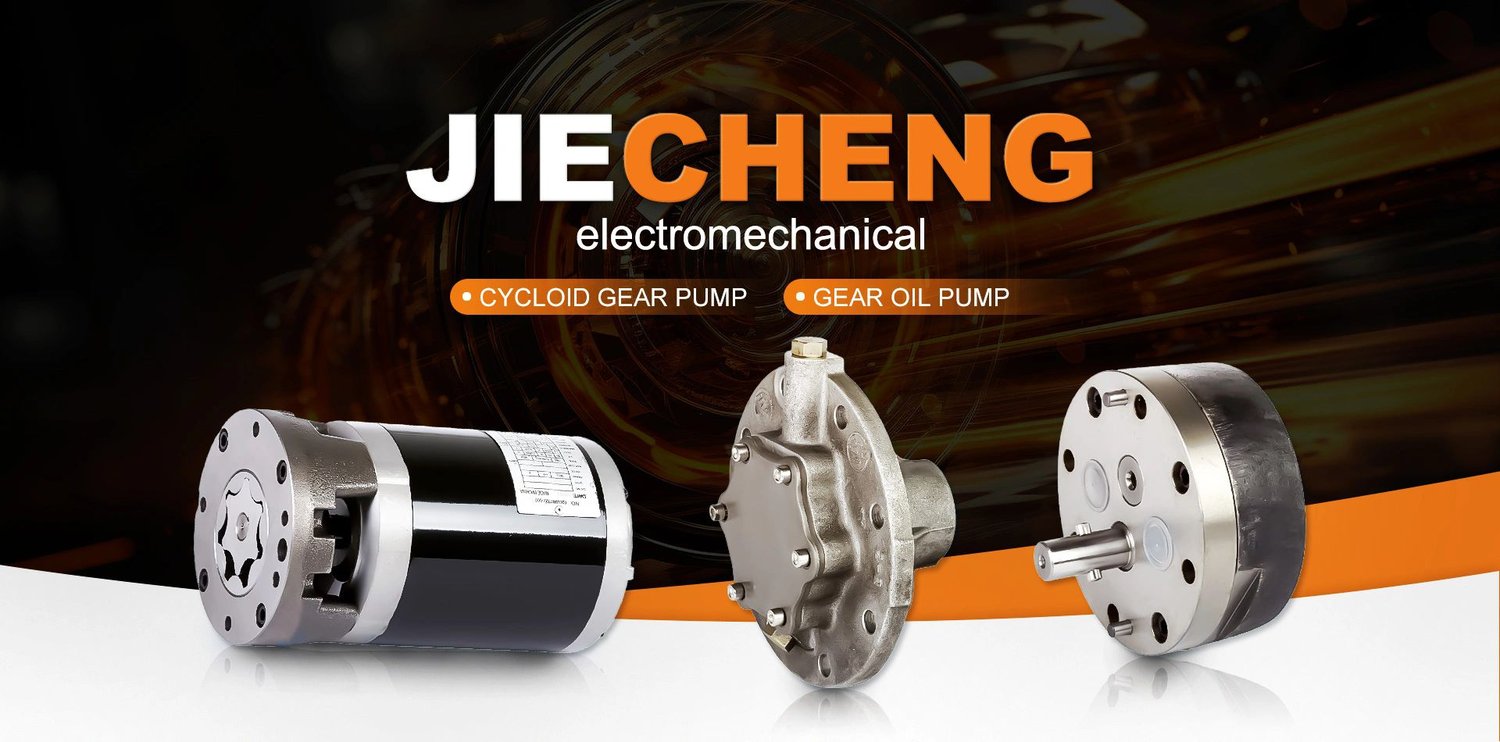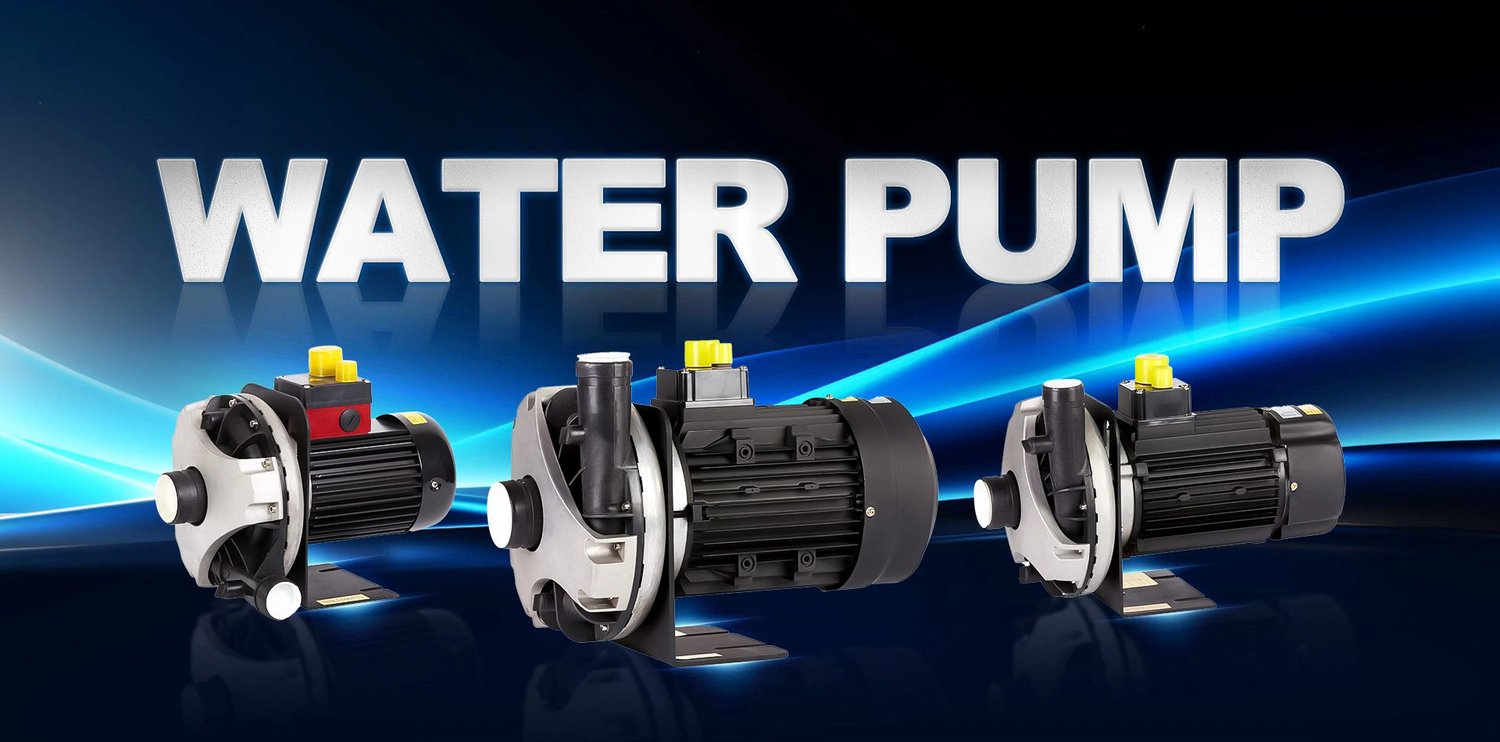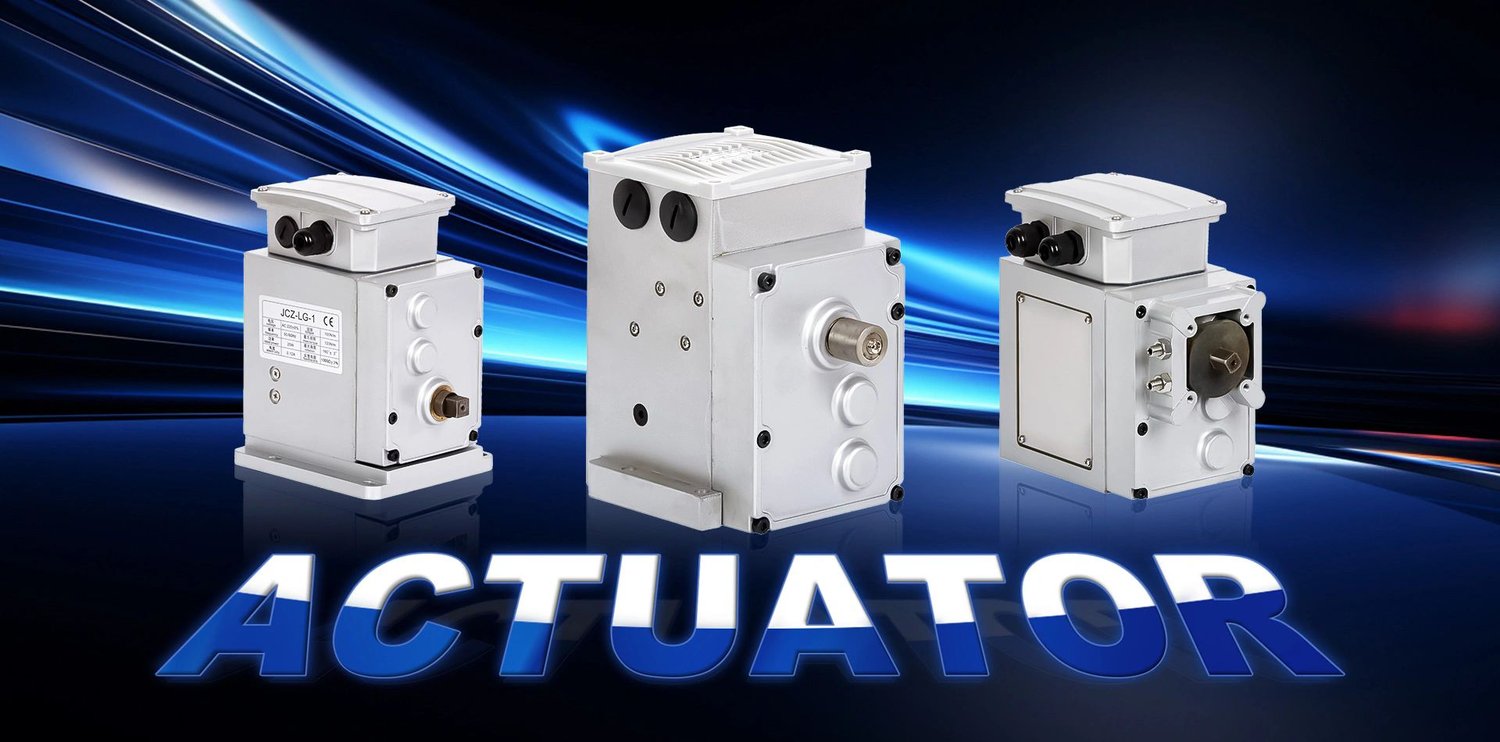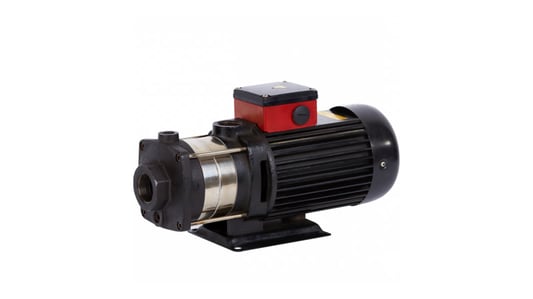Benefits of Using an electric linear actuator for adjustable bedElectric linear actuators are versatile and reliable devices that can greatly enhance the functionality of adjustable beds. These actuators are responsible for powering the movement of the bed, allowing users to easily adjust the height and angle of their bed for maximum comfort. With an electric linear actuator, you can say goodbye to manually adjusting your bed and enjoy a more convenient and customizable sleep experience.How Electric Linear Actuators WorkElectric linear actuators operate by converting electrical energy into linear motion. When activated, the actuator extends or retracts its rod, which in turn moves the bed frame up or down. These devices are equipped with precision control systems that allow for smooth and precise adjustments, ensuring that you can find the perfect sleeping position with ease.Types of Electric Linear Actuators for Adjustable BedsThere are several types of electric linear actuators that are commonly used in adjustable beds. Some actuators are designed for light-duty applications, while others are built to withstand heavier loads. It is important to choose the right type of actuator based on the size and weight capacity of your bed frame to ensure optimal performance and longevity.Factors to Consider When Choosing an Electric Linear ActuatorWhen selecting an electric linear actuator for your adjustable bed, there are several factors to consider. These include the stroke length of the actuator, its speed and force capabilities, as well as any additional features such as limit switches or built-in feedback systems. It is also important to ensure that the actuator is compatible with your existing bed frame and power supply.Installation and Maintenance of Electric Linear ActuatorsInstalling an electric linear actuator for your adjustable bed is a relatively straightforward process that can be done with basic tools. However, it is important to follow the manufacturer's guidelines to ensure proper installation and operation. Additionally, regular maintenance is key to ensuring the longevity and performance of the actuator, including cleaning, lubrication, and inspection of components.Benefits of Upgrading to an Electric Linear ActuatorUpgrading to an electric linear actuator for your adjustable bed can provide a range of benefits, including improved comfort, convenience, and overall sleep quality. With the ability to effortlessly adjust your bed to your desired position, you can alleviate pressure points, reduce back pain, and enjoy a more restful night's sleep. The convenience of remote control operation further enhances the user experience.Customizable Options for Electric Linear ActuatorsMany electric linear actuators for adjustable beds come with customizable options to suit individual preferences. These may include adjustable speed settings, preset memory positions, and even advanced massage or heating functions. By choosing an actuator with these features, you can further personalize your sleep environment for ultimate relaxation and comfort.Energy Efficiency of Electric Linear ActuatorsElectric linear actuators are energy-efficient devices that consume minimal power while providing reliable performance. These actuators are designed to operate quietly and smoothly, reducing noise and vibration during adjustments. By upgrading to an electric linear actuator, you can enjoy the benefits of a more sustainable and eco-friendly sleep solution.Enhancing Accessibility with Electric Linear ActuatorsFor individuals with mobility issues or disabilities, electric linear actuators can greatly enhance accessibility and independence in the bedroom. By allowing for easy adjustments to the bed height and angle, these actuators can help users get in and out of bed more comfortably and safely. This can improve overall quality of life and promote a sense of autonomy.ConclusionIn conclusion, electric linear actuators for adjustable beds offer a wide range of benefits, from enhanced comfort and convenience to improved accessibility and energy efficiency. By choosing the right actuator for your needs and properly maintaining it, you can elevate your sleep experience and enjoy a more restful night's sleep. Consider upgrading to an electric linear actuator today and experience the difference for yourself.Quote Inquirycontact us












